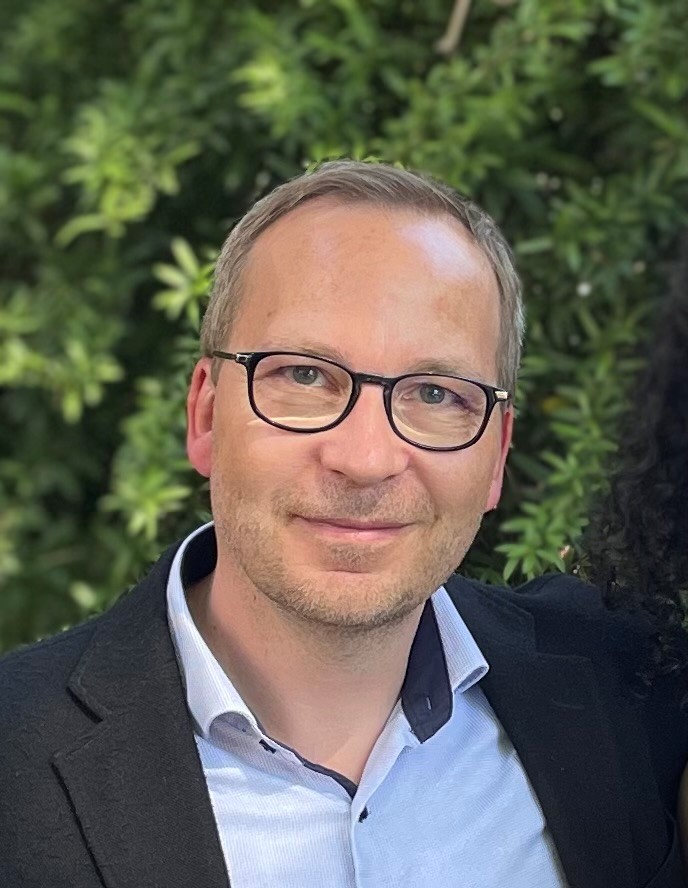COMMENT René Brosius 28 April 2021
The conflict over elections in Somalia[1] , which has been ongoing since last summer, has reached the next stage of escalation. Internationally mediated talks between the government, whose term has constitutionally expired[2] and the National Salvation Council (NSC), consisting of the presidential candidates, the prime ministers of Jubbaland and Puntland states, and the speaker of the upper house, have failed for the time being. Following this setback former MPs loyal to the president decided to extend the term of office for the president and themselves by two years in a controversial parliamentary session on April 12, 2021. Subsequently, both the EU and the entire International Community (IC) condemned the move. The main fear was a slide into violent conflict. A last peaceful option seemed to be mediation by the African Union (AU), which outgoing President Mohamed Abdullahi Mohamed (“Farmaajo”) surprisingly called upon. The latter offered to facilitate new talks on April 22, 2021. However, the AU shared IC’s concerns about extending the term and made clear that she reserved the right to monitor the deployment of the army[3] . This seemed necessary because there were repeated reports of targeted attacks on opposition members by troops loyal to the government. Isolated internationally, the administration did not seem to like the AU’s decision. It said it would accept a mediator, but under no circumstances did it want monitoring of the army’s activities. Likewise, they do not want to talk about extending the term of office. Thus, on Saturday, the last attempt at mediation seemed to have failed. As a result, tensions in Mogadishu rose considerably, despite the peaceful month of Ramadan. Then, on April 25, 2021, the first reports came in the morning, first about demonstrations against the term extension and troop movements in Mogadishu. In the afternoon, reports followed by attacks of pro-government army units at the homes of presidential candidates. These included the home of “Farmaajo’s” predecessor in office, Hassan Sheikh Mohamud, as well as the highly popular politician Abdirahman Abdishakur Warsame. After hours of fighting between opposition politicians’ security forces and pro-government army and intelligence units, the opposition candidates’ security forces appear to have taken over numerous access roads to the government headquarters “Villa Somalia” during the night. They were supported by army units that left their positions in Hir Shabelle to protect opposition representatives from further attack. As a result, the seat of government is nearly surrounded, and large parts of the capital are under control by the opposition. The events remind of the turn of the year 1990/91 in Somalia, when forces from all over the country invaded Mogadishu to fight Dictator Siad Barre. Farmaajo is the nephew of the former dictator. His election in 2017 was actually seen as a major contribution to the reconciliation of Somalia’s different ethnic groups[4]
After the events on April 25th, many journalists see Somalia on the brink of civil war, again. Politics has become militarized and the military has become politicized. But there are glimmers of hope for a peaceful solution. For one thing, the government declared itself insolvent on April 24, 2021, consistent with reports that army and government employees’ salaries had been paid irregularly or not at all for months. On the other hand, the regime’s previous allies, the presidents of Hir Shabelle, South-West State and Galmudug, as well as the prime minister, declared yesterday that they would no longer support the disputed term extension and would return to the negotiating table. For this to happen, however, one thing above all must be achieved. That the lost trust of the political elites is at least restored to a level where credible negotiation can be conducted. This includes fully accepting the AU resolution and not continuing to insist that the government alone can determine the rules of the game for the elections. This and continued high international pressure at the political level may help to avoid civil war after a very loud – saber rattling.
[1] https://africanlegalstudies.blog/2021/01/23/somalia-before-the-elections-from-democratic-election-to-dangerous-selection-process/#comments
[2] https://africanlegalstudies.blog/2021/02/10/constitutional-crisis-in-somalia-democratic-free-and-fair-elections/
[3] http://peaceau.org/en/article/communique-of-the-993rd-meeting-of-the-psc-held-on-22-april-2021-on-the-political-and-security-situation-in-somalia
[4] https://link.springer.com/article/10.1007/s12399-021-00835-y

2 replies on “Is Civil War Coming to Somalia?”
[…] [2] See: Is Civil War Coming to Somalia? – africanlegalstudies.blog […]
[…] April 2021, after Somalia was on the brink of civil war, it seemed for a long time that the solution would be found in a tough (s)election process. The May […]